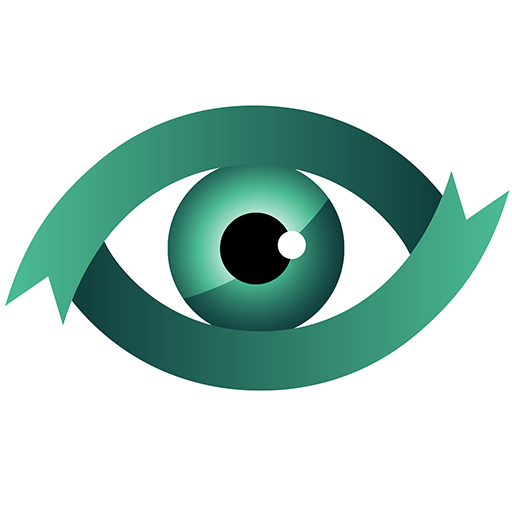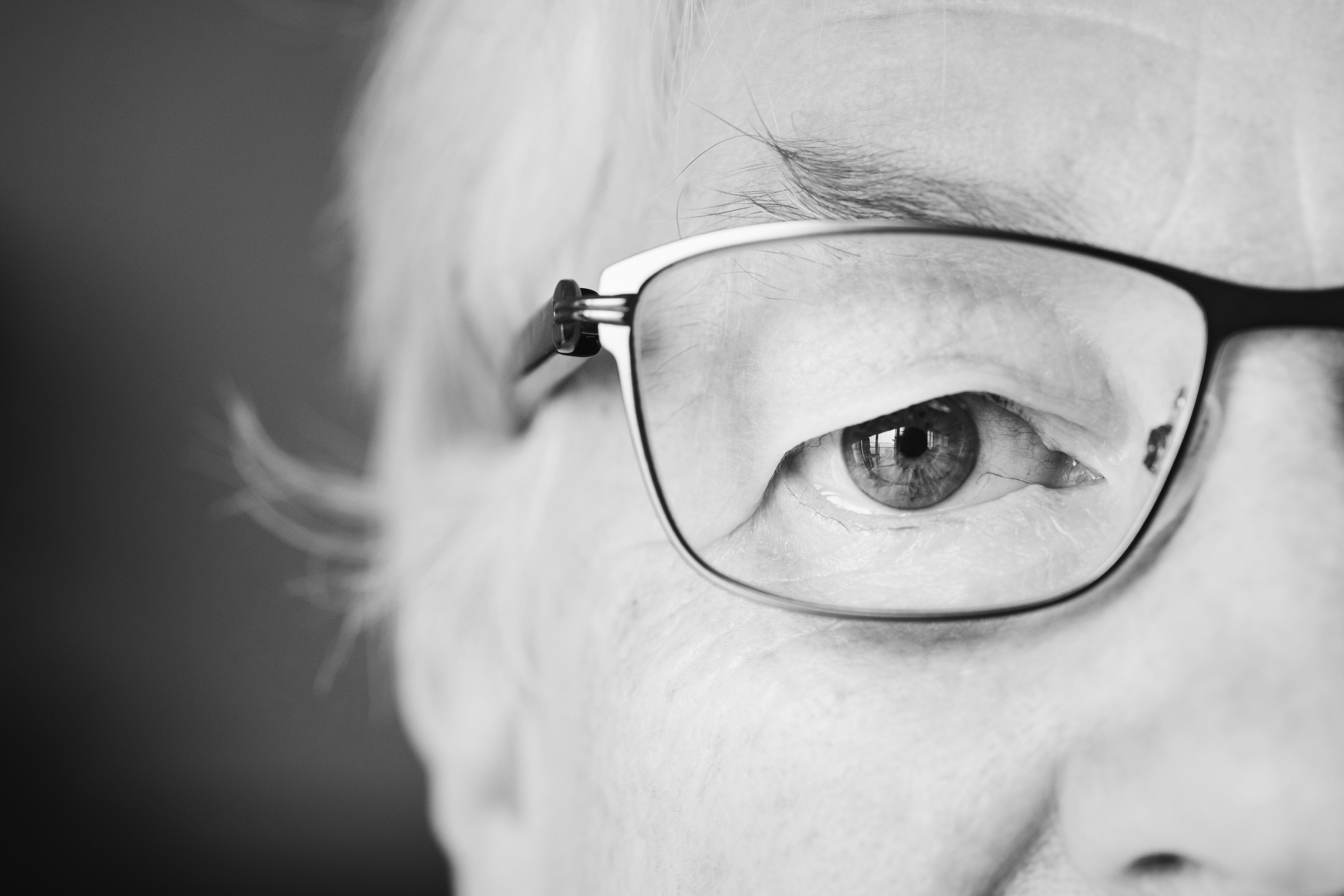4 Important Things an Optometrist Wants You to Know About Annual Eye Exams
As an optometrist, I believe in proper eye health and care. One of the simplest ways to maintain healthy eyes and vision is to visit your optometrist for each year for an eye exam. These exams are routine, but also necessary to monitor any changes in your vision. I understand these visits may be unnerving, so if you are concerned about having an eye exam, I have compiled a few things you should know before coming in.
Eye Exams are a Key to Success in Work and School
Studies have shown that 80 percent of what children learn in school is shown visually, for example, written on the board. If children cannot see what is happening in their classrooms, how can we expect them to learn it? Annual eye exams are vital to a child’s success in his or her classroom.
Similarly, as these children grow up and join the workforce, they need to be able to read their emails or see the project they are working on. In a broader sense, poor vision can affect an employee’s work quality and also their ability to earn money. As adults grow older, their vision worsens, so having an annual eye exam can detect changes in vision early, before they become an issue.
Vision Screenings Cannot Replace an Eye Exam
For those of you who have children, they probably get annual vision screenings at their school. Others of you who may have had a vision screening at the DMV when getting your license. Most people pass these screenings with no issues because they are made to only detect individuals who have serious vision issues. While these screenings can detect people who have issues with specific visual tasks (recognizing objects in the road or seeing the board clearly), only comprehensive eye exams can find eye diseases and make sure your vision is as clear as possible.
Eye Exams Detect Eye Disease…and Other Health Issues
I briefly mentioned the importance of getting an eye exam to detect diseases. One of the most important diseases to be on the lookout for is glaucoma. This eye disease is considered the sneakiest because if you do not get routine eye exams, you will not know you have it until you develop permanent vision loss. However, optometrists can detect glaucoma early through annual eye exams and can help you treat the disease early to prevent additional vision loss. This is especially important for those who have a history of glaucoma in their families.
Aside from eye diseases, many people learn they have other serious health conditions through routine eye exams. The health of your eyes can give doctors insight into other conditions you may have, such as diabetes, high cholesterol, high blood pressure, and even cancer. The health of the blood vessels in your retinas is a good indicator of the health of the rest of the blood vessels in your body.
Be Prepared
Lastly, I encourage you to be prepared for your eye exam, so it can go as smoothly as possible. This includes bringing a list of any medication you may be taking, medical and family history, and your glasses or contacts if you wear them. Finally, be sure to bring any questions or concerns you may want to discuss with your optometrist. We are here to help guide you through the process and ensure you are on track to experiencing life through crystal clear vision. We hope to see you soon!





No Comments